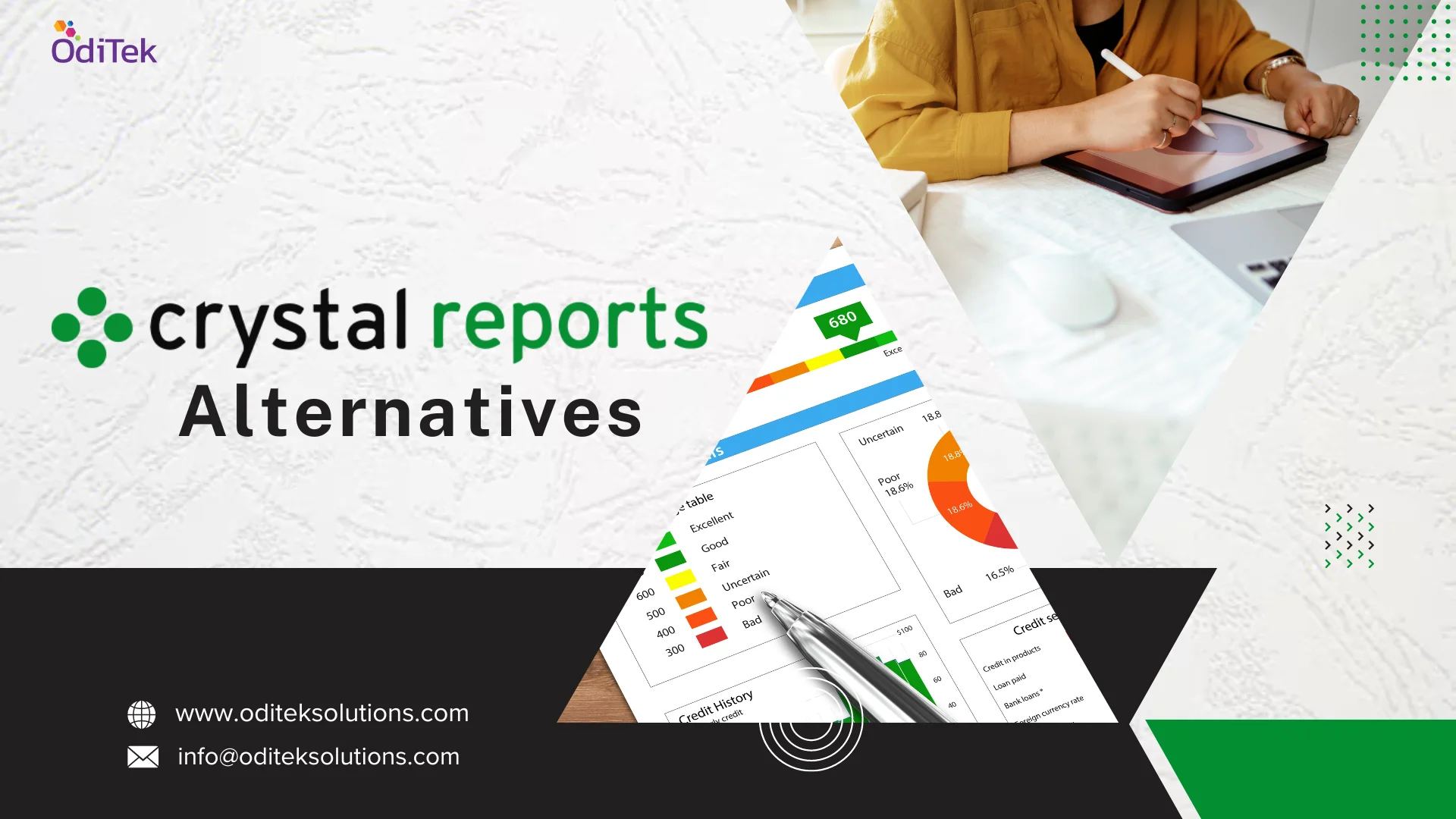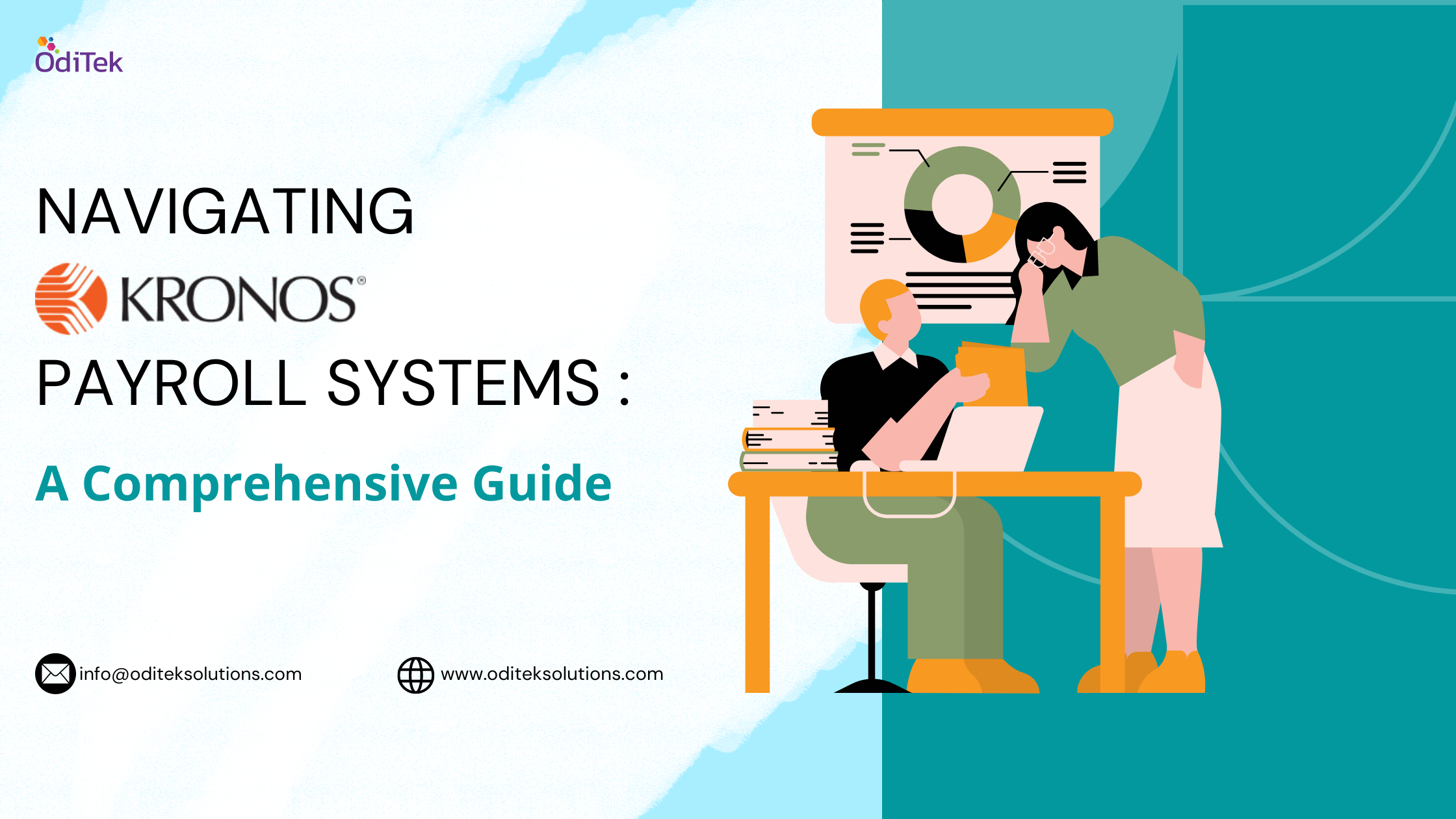In today’s business landscape, Salesforce and NetSuite stand out as two powerhouse solutions for CRM and ERP needs, respectively. Salesforce enables businesses to build stronger customer relationships, while NetSuite streamlines core operations. However, without seamless integration between these platforms, businesses face challenges such as data silos and inefficiencies. In this blog, we’ll delve into the significance of integrating Salesforce and NetSuite and how Celigo’s Integration App offers a robust solution for bridging the gap between these platforms, ultimately streamlining business processes for enhanced efficiency and success.
Importance of Integration in Modern Business Environments
Integration is crucial in modern business environments for several key reasons-
Efficiency: Integration streamlines workflows, automates processes, and eliminates manual data entry, leading to enhanced operational efficiency.
Customer Experience: Integrated systems provide a holistic view of customer data, enabling personalized interactions and improving overall customer satisfaction.
Data Accuracy:Integration ensures consistent and up-to-date data across the organization, minimizing errors and facilitating informed decision-making.
Agility: Integrated systems enable businesses to adapt quickly to changing market conditions, scale operations, and innovate more effectively.
Cost Savings: Integration reduces operational costs by eliminating redundancies and optimizing resource allocation.
Collaboration: Integration fosters seamless collaboration between departments, enabling teams to share information and work towards common goals more effectively.
Compliance and Security: Integrated systems enforce consistent security measures and ensure regulatory compliance, mitigating risks and protecting sensitive data.
Challenges Businesses Face Without Proper Integration
1. Data Silos
Without integration, data is often fragmented across multiple systems, leading to data silos. This makes it difficult for teams to access accurate and up-to-date information, hindering decision-making and collaboration.
2. Manual Processes
Lack of integration results in manual data entry and redundant tasks, consuming valuable time and resources. This increases the likelihood of errors and inefficiencies, leading to decreased productivity and higher operational costs.
3. Inaccurate Reporting
Disconnected systems lead to inconsistencies in data, making it challenging to generate accurate reports and insights. This undermines the reliability of financial reporting, forecasting, and performance analysis, impacting strategic decision-making.
4. Poor Customer Experience
Without integrated systems, businesses struggle to provide seamless customer experiences. Customer interactions are disjointed, leading to delays in response times, duplicate communications, and frustration among customers.
5. Limited Visibility
Lack of integration prevents businesses from having a holistic view of operations, customers, and finances. This inhibits proactive decision-making, as stakeholders lack real-time insights into key metrics and trends.
6. Compliance Risks
In industries with regulatory requirements, lack of integration can pose compliance risks. Without centralized data management and audit trails, businesses may struggle to demonstrate adherence to industry standards and regulations, risking penalties and reputational damage.
7. Inefficient Workflows
Disconnected systems result in inefficient workflows and processes. Tasks often require manual handoffs between departments, leading to bottlenecks, delays, and missed opportunities for optimization and automation.
8. Scalability Challenges
Without integration, scaling operations becomes challenging as businesses grow. Disparate systems may lack the flexibility to accommodate increased data volumes, users, and business complexity, limiting scalability and hindering growth.
9. Competitive Disadvantage
In today’s competitive landscape, businesses that fail to integrate their systems risk falling behind competitors. Integrated systems enable agility, innovation, and faster time-to-market, giving businesses a competitive edge in meeting customer demands and seizing market opportunities.
Overview of Salesforce and NetSuite Integration Needs
Integrating Salesforce and NetSuite addresses critical business needs by facilitating seamless data flow between CRM and ERP systems. Here’s an overview of the integration needs:
1. Unified Customer View
Combining Salesforce’s CRM data with NetSuite’s ERP data provides a holistic view of customers, including sales, orders, invoices, support tickets, and more. This unified view enables better customer service, personalized marketing campaigns, and improved cross-selling opportunities.
2. Streamlined Sales Processes
Integration automates the exchange of sales data between Salesforce and NetSuite, eliminating manual data entry and reducing errors. This streamlines the sales process, from lead generation to order fulfillment, enabling sales teams to focus on revenue-generating activities.
3. Enhanced Financial Visibility
Integrating Salesforce and NetSuite ensures real-time synchronization of financial data, such as invoices, payments, and revenue recognition. This provides finance teams with accurate financial reporting and forecasting, enabling better decision-making and compliance with regulatory requirements.
4. Improved Inventory Management
By synchronizing inventory data between Salesforce and NetSuite, businesses can optimize inventory levels, reduce stockouts, and improve order fulfillment. This leads to better inventory management, reduced carrying costs, and improved customer satisfaction.
5. Efficient Order-to-Cash Process
Integration automates the order-to-cash process by seamlessly transferring sales orders from Salesforce to NetSuite for fulfillment and invoicing. This accelerates order processing, reduces order errors, and shortens cash conversion cycles, improving cash flow and customer satisfaction.
6. Seamless Customer Support
Integration enables support teams to access customer data from both Salesforce and NetSuite, providing comprehensive insights into customer interactions, purchase history, and service requests. This facilitates faster issue resolution, proactive support, and higher customer satisfaction.
7. Scalability and Flexibility
As businesses grow and evolve, integration allows Salesforce and NetSuite to scale seamlessly, accommodating increasing data volumes, users, and business processes. Integration platforms like Celigo offer flexible customization options to meet evolving business needs without disrupting operations.
Introduction to Celigo’s Integration App for Salesforce – NetSuite
In today’s interconnected business landscape, seamless integration between different software systems has become essential for optimizing workflows, enhancing productivity, and driving business growth. Celigo, a leading integration platform, offers a powerful solution for connecting Salesforce, the world’s leading CRM platform, with NetSuite, a top-tier cloud-based ERP system.
Celigo’s Integration App for Salesforce – NetSuite serves as a bridge between these two critical business platforms, enabling organizations to unlock the full potential of their data and streamline end-to-end business processes. By seamlessly syncing customer data, orders, invoices, and more between Salesforce and NetSuite, Celigo empowers businesses to achieve greater operational efficiency, improve decision-making, and deliver exceptional customer experiences.
Key features of Celigo’s Integration App
1. Seamless Data Synchronization
Celigo’s Integration App ensures real-time synchronization of data between Salesforce and NetSuite, eliminating manual data entry and ensuring data accuracy across both platforms.
2. Customizable Celigo Workflow
The app offers customizable workflows and mapping capabilities, allowing businesses to tailor the integration to their unique requirements and business processes.
3. Automated Processes
Celigo automates repetitive tasks and processes, such as order processing, invoicing, and lead-to-cash cycles, reducing manual effort and increasing productivity.
4. Real-time Visibility
With Celigo’s Integration App, businesses gain real-time visibility into critical business metrics, enabling informed decision-making and proactive management of sales, orders, and finances.
5. Scalability and Reliability
Celigo’s platform is designed to scale with businesses as they grow, accommodating increasing data volumes, users, and business complexity. The app offers robust reliability and uptime, ensuring uninterrupted operations.
6. Celigo Customer Support
Celigo provides comprehensive support and resources to help businesses implement, manage, and optimize their integration. From onboarding assistance to ongoing support and updates, Celigo’s team is committed to ensuring the success of its customers.
Conclusion
Salesforce – NetSuite Integration App through Celigo offers businesses a streamlined solution to connect their CRM and ERP systems seamlessly. With Celigo automation, real-time data sync, and scalability, it helps empower organizations to enhance efficiency, improve decision-making, and deliver exceptional customer experiences.
Embrace OdiTek to unlock the full potential of your Salesforce and NetSuite integration, driving growth and success in today’s competitive landscape.







